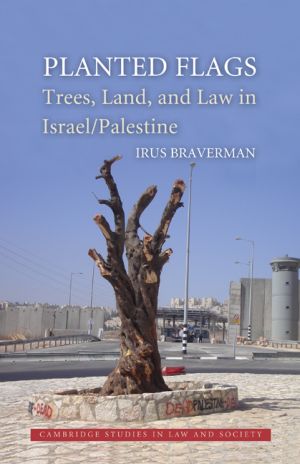
Planted Flags tells an extraordinary story about the mundane uses of law and landscape in the war between Israelis and Palestinians. The book is structured around the two dominant tree landscapes in Israel/Palestine: pine forests and olive groves. The pine tree, which is usually associated with the Zionist project of afforesting the Promised Land, is contrasted with the olive tree, which Palestinians identify as a symbol of their longtime connection to the land. What is it that makes these seemingly innocuous, even natural, acts of planting, cultivating, and uprooting trees into acts of war? How is this war reflected, mediated, and, above all, reinforced through the polarization of the ‘natural’ landscape into two juxtaposed landscapes? And what is the role of law in this story? Planted Flags explores these questions through an ethnographic study. By telling the story of trees through the narratives of military and government officials, architects, lawyers, Palestinian and Israeli farmers, and Jewish settlers, the seemingly static and mute landscape assumes life, expressing the cultural, economic, and legal dynamics that constantly shape and reshape it.